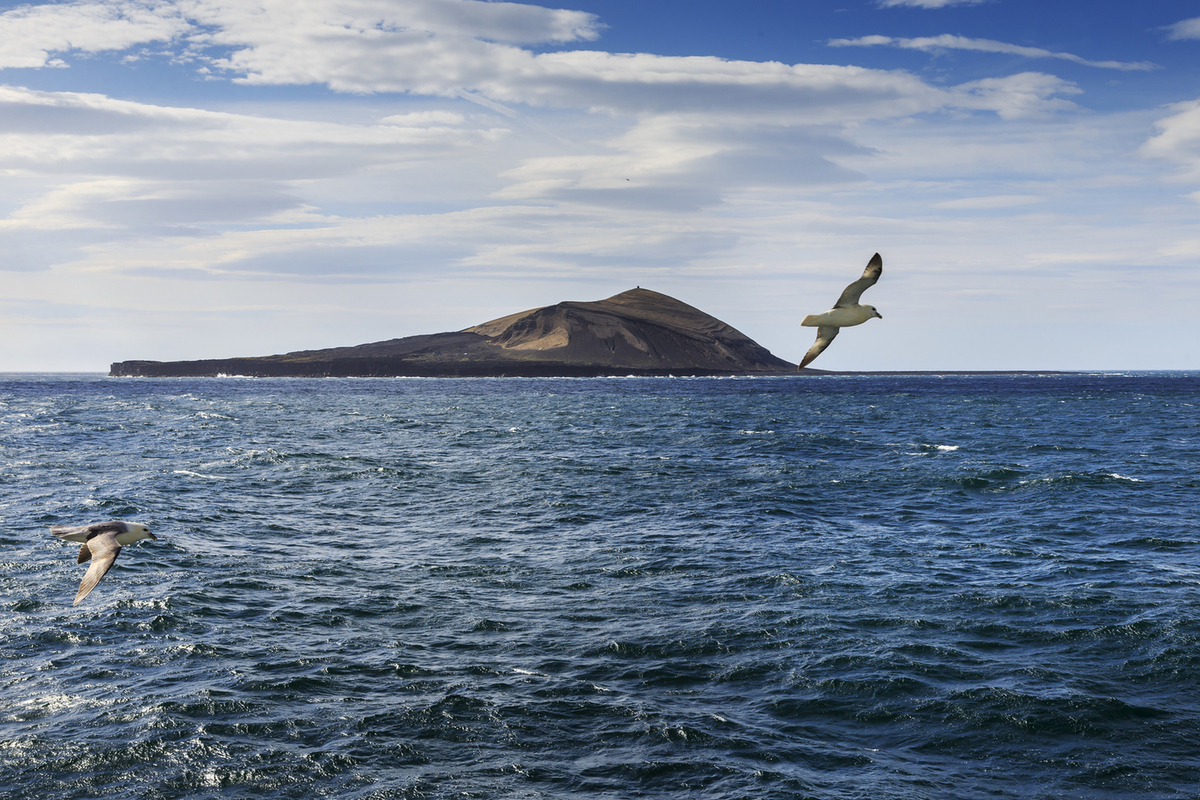The HM Queen Margrethe II's and Vigdís Finnbogadóttir's Interdisciplinary Research Centre on Ocean, Climate and Society (ROCS) is now accepting applications for eight postdoctoral fellowships in the natural sciences, humanities and social sciences. The postdoctoral researchers will conduct their research both in Denmark at the University of Copenhagen and in Iceland at the University of Iceland.
There are three two-year postdoctoral fellowships in the humanities and social sciences, to investigate the impact of the ocean and climate change on Icelandic society and culture.
There are, furthermore, five two-year postdoctoral fellowships in the natural sciences. They will investigate the relationship between climate and ecosystems over time, in the ocean and on land, by mapping the links between climate and the marine biosphere during the Anthropocene and researching climate-related changes on land and at sea.
Impact on the ocean around Iceland
ROCS was established this spring by the Carlsberg Foundation in collaboration with the Icelandic government to mark Queen Margrethe II of Denmark's 80th birthday and the 90th birthday of Vigdís Finnbogadóttir, former President of Iceland. It is an interdisciplinary research centre, intended to improve understanding of the relationship between climate change and marine ecosystems and their significance for Icelandic society and culture. Although the main focus of research at ROCS will be the ocean around Iceland, it is likely that a significant proportion of the research findings will be useful for understanding developments in the North Atlantic as a whole.
ROCS operates under the auspices of the both the University of Copenhagen and the University of Iceland and is led by Katherine Richardson, a professor at the University of Copenhagen, in collaboration with Danish and Icelandic scientists.
"We know that the climate in the form of wind and weather affects people directly. However, we know surprisingly little about the indirect climate effects on people and society," said Katherine. "Many of these effects are apparent through changes in nature. Icelandic society has always been very dependent on ocean resources, which are currently undergoing rapid change due to climate changes. Therefore, Iceland is quite a unique laboratory which makes it possible to map both historical and contemporary interactions between humans and the climate."
The Carlsberg Foundation's primary contribution to the research centre will be to hire postdoctoral researchers, as they are now in the process of doing. They will play a key role in strengthening collaboration between Danish and Icelandic scientists involved with the research centre.
Please note that only people who have completed a PhD within the last five years are eligible to apply. Any periods of leave will be accepted as extensions of this time limit (maternity leave, paternity leave, illness, etc.) If the applicant has not yet obtained a PhD before the deadline, a copy of the assessment of the PhD thesis must be submitted no later than 1 November at noon (Danish time).
The application deadline is 1 October 2020. Further information is available from the Icelandic Centre for Research website or the Carlsberg Foundation website.




